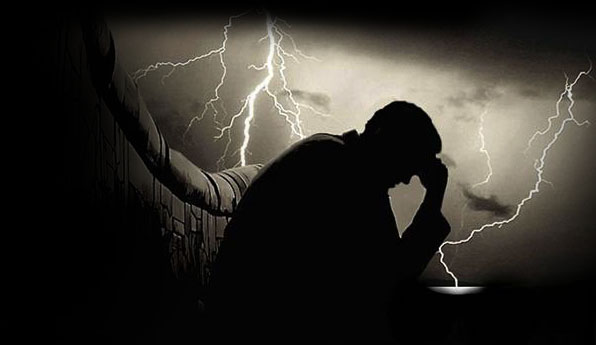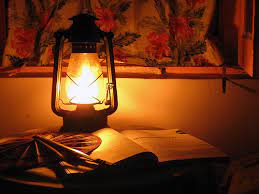
From Darkness to Despair: A Psychological Portrait of Life Under Kashmir’s Essential Shortages
In the Grips of Scarcity: How Kashmir’s Essential Shortages are Fueling a Psychological Crisis
By: Javid Amin
Kashmir, a land known for its breathtaking beauty and resilient spirit, is currently grappling with a crisis that transcends physical hardship. The acute shortage of essential resources, particularly electricity and water, is not just causing inconvenience; it is weaving a web of psychological distress that threatens the well-being of its people.
Imagine enduring 16 hours of darkness each day, punctuated only by the biting chill of subzero temperatures. This is the harsh reality for millions in Kashmir, where the once reliable electricity grid has become an erratic source of hope. The absence of light disrupts daily routines, disrupts sleep, and casts a long shadow of anxiety over every household. Elders struggle to navigate the darkness, fearing falls and injuries. Children lose precious study hours, their education hanging precariously in the balance. The very rhythm of life is thrown into disarray, replaced by a gnawing sense of uncertainty.
But the shadows don’t stop at nightfall. Water, life’s most fundamental necessity, has become a precious commodity, its availability playing a cruel game of hide-and-seek. The daily struggle to secure this basic human right is a constant source of stress, a mental burden that weighs heavily on families already burdened by economic hardship. Women, traditionally responsible for managing the household, bear the brunt of this struggle, their time and energy consumed by the relentless pursuit of water.
The impact of these shortages goes beyond the immediate discomfort. They trigger a cascade of psychological effects that can erode resilience and chip away at hope. The constant uncertainty, the feeling of helplessness, and the fear of failing to provide for loved ones can lead to anxiety, depression, and even post-traumatic stress disorder. For young people, the lack of opportunities and the looming specter of unemployment fuel feelings of frustration and despair, pushing them towards a future shrouded in uncertainty.
Is this psychological pressure a planned exercise, you ask? While the complexities of the situation are beyond the scope of a simple answer, it’s crucial to recognize that these shortages have tangible consequences on the mental well-being of Kashmiris. They are not mere inconveniences; they are triggers for a silent crisis that demands immediate attention.
However, the narrative cannot be solely one of despair. Amidst the darkness, there are glimmers of resilience. Communities are banding together, sharing resources, and offering support. Local initiatives are sprouting, providing temporary relief and fostering a sense of hope. Mental health professionals are stepping up, offering counseling and support mechanisms to those struggling with the psychological burden.
The path forward requires a multi-pronged approach. Addressing the immediate needs – restoring electricity and water supply, providing alternative sources of light and energy – is crucial. But it’s equally important to acknowledge the psychological toll and provide avenues for healing. Mental health awareness campaigns, accessible counseling services, and community support groups can play a vital role in mitigating the long-term impact of this crisis.
Beyond the immediate solutions, the question of accountability lingers. Why has Kashmir reached this point? What are the long-term plans to ensure sustainable access to basic necessities? These are questions that demand honest answers and concrete action. Ignoring them will only prolong the suffering and leave a generation grappling with the scars of both physical and psychological deprivation.
In conclusion, the essential shortages plaguing Kashmir are not just a physical challenge; they are a mental health crisis in the making. Ignoring the psychological impact of these shortages would be a grave oversight. By acknowledging the problem, providing immediate relief, and working towards long-term solutions, we can help Kashmir navigate this darkness and emerge into a future where essentials are not a privilege, but a right, and where hope shines brighter than ever before.
Remember, this is just an outline. It can be expanded upon with specific examples, data, quotes from experts and residents, and personal stories to bring the issue to life and connect with the reader on a deeper level.

